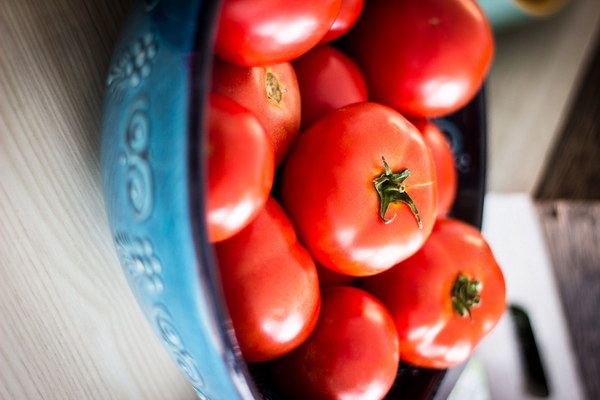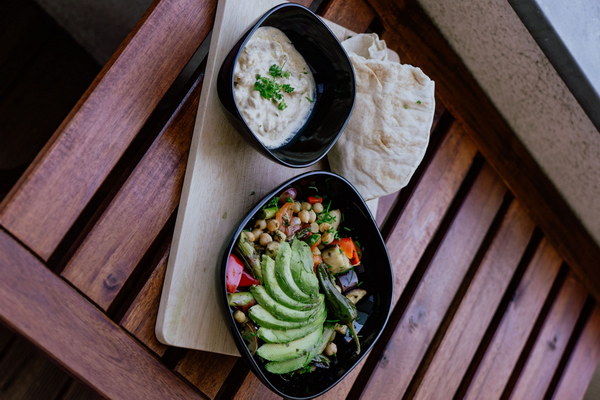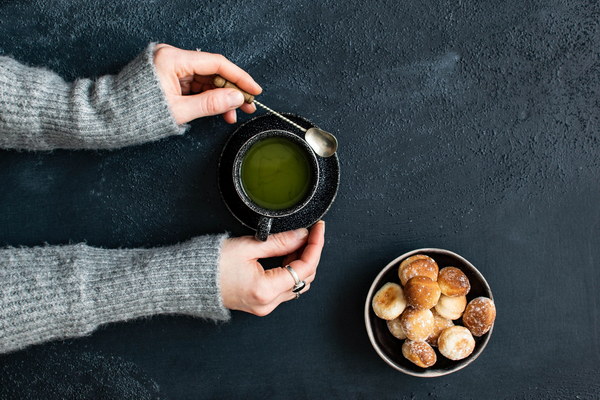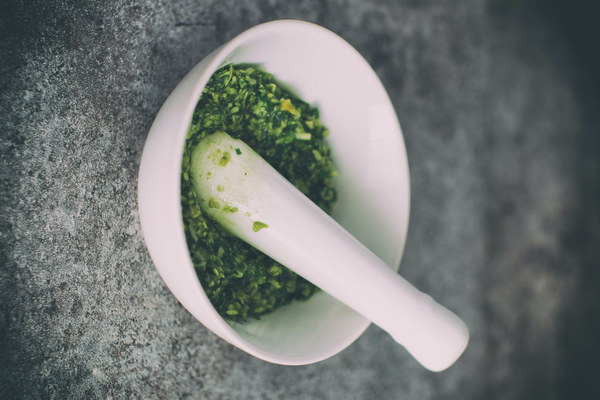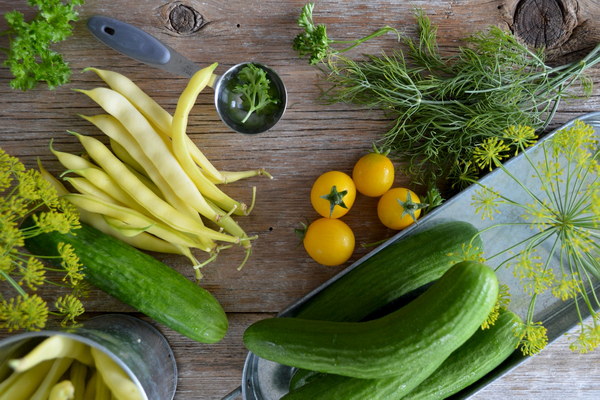The Timeless Tradition of Herbal Remedies How Traditional Chinese Medicine Enriches Our Daily Lives
In the fast-paced modern world, where convenience often trumps health, the ancient wisdom of traditional Chinese medicine (TCM) stands as a beacon of holistic well-being. One of the cornerstones of TCM is the use of herbal remedies, or what we commonly refer to as medicinal foods or food therapy. This concept, known as Yao Shan, is deeply rooted in the belief that food can be both a source of sustenance and a means to maintain health and cure illness. Let's delve into how this timeless tradition enriches our daily lives.
The essence of Yao Shan lies in the understanding that the body is a harmonious system that requires balance. TCM practitioners believe that certain foods can help maintain this balance by nourishing the body's organs and correcting imbalances. This philosophy is not about quick fixes, but rather about long-term wellness through the consumption of balanced, natural foods.
One of the most fascinating aspects of Yao Shan is the diversity of herbs and ingredients used in traditional Chinese cuisine. From the well-known ginger, ginseng, and green tea to lesser-known ingredients like goji berries and bamboo shoots, these natural substances have been utilized for centuries to promote health and prevent disease. Here are a few ways in which these ingredients enrich our daily lives:
1. Enhancing Immune System: Ingredients like ginger, garlic, and green tea are known for their immune-boosting properties. Adding these to your diet can help keep your immune system strong and reduce the risk of colds and flu.
2. Managing Stress: Herbs such as ginseng, saffron, and rhodiola have been used for centuries to help manage stress and anxiety. Incorporating these into your daily routine may help improve mental clarity and emotional well-being.
3. Promoting Digestive Health: Ingredients like turmeric, fennel, and licorice root are well-known for their digestive benefits. Adding these to your meals can help prevent bloating, gas, and other digestive issues.
4. Improving Cardiovascular Health: Herbs like hawthorn, garlic, and ginger have been shown to support cardiovascular health. Including these in your diet may help lower blood pressure and reduce the risk of heart disease.
5. Enhancing Energy Levels: Ingredients like ginseng, rhodiola, and maca have been used to boost energy and vitality. Consuming these herbs can help you feel more alert and energetic throughout the day.
Incorporating Yao Shan into your daily life is not as difficult as it may seem. Here are a few tips to get started:
1. Experiment with Different Ingredients: Visit your local health food store or Asian market to explore the wide variety of herbs and ingredients available. Add them to your meals, teas, or smoothies to experience their benefits.

2. Learn About Food Combinations: TCM emphasizes the importance of food combinations. Learn which ingredients complement each other to create a balanced and healthy meal.
3. Consult a Professional: If you're unsure about how to incorporate Yao Shan into your diet, consider consulting a TCM practitioner. They can provide personalized advice based on your individual needs and health goals.
4. Embrace Seasonal Eating: TCM believes that consuming foods that are in season can help maintain health and balance. Make an effort to include seasonal produce in your meals to benefit from their natural properties.
The timeless tradition of Yao Shan continues to enrich our daily lives by promoting holistic well-being. By embracing the wisdom of traditional Chinese medicine and incorporating medicinal foods into our diet, we can experience the benefits of balanced health and vitality. So, the next time you sit down for a meal, take a moment to appreciate the connection between food and wellness, and let the ancient practice of Yao Shan guide you towards a healthier life.
